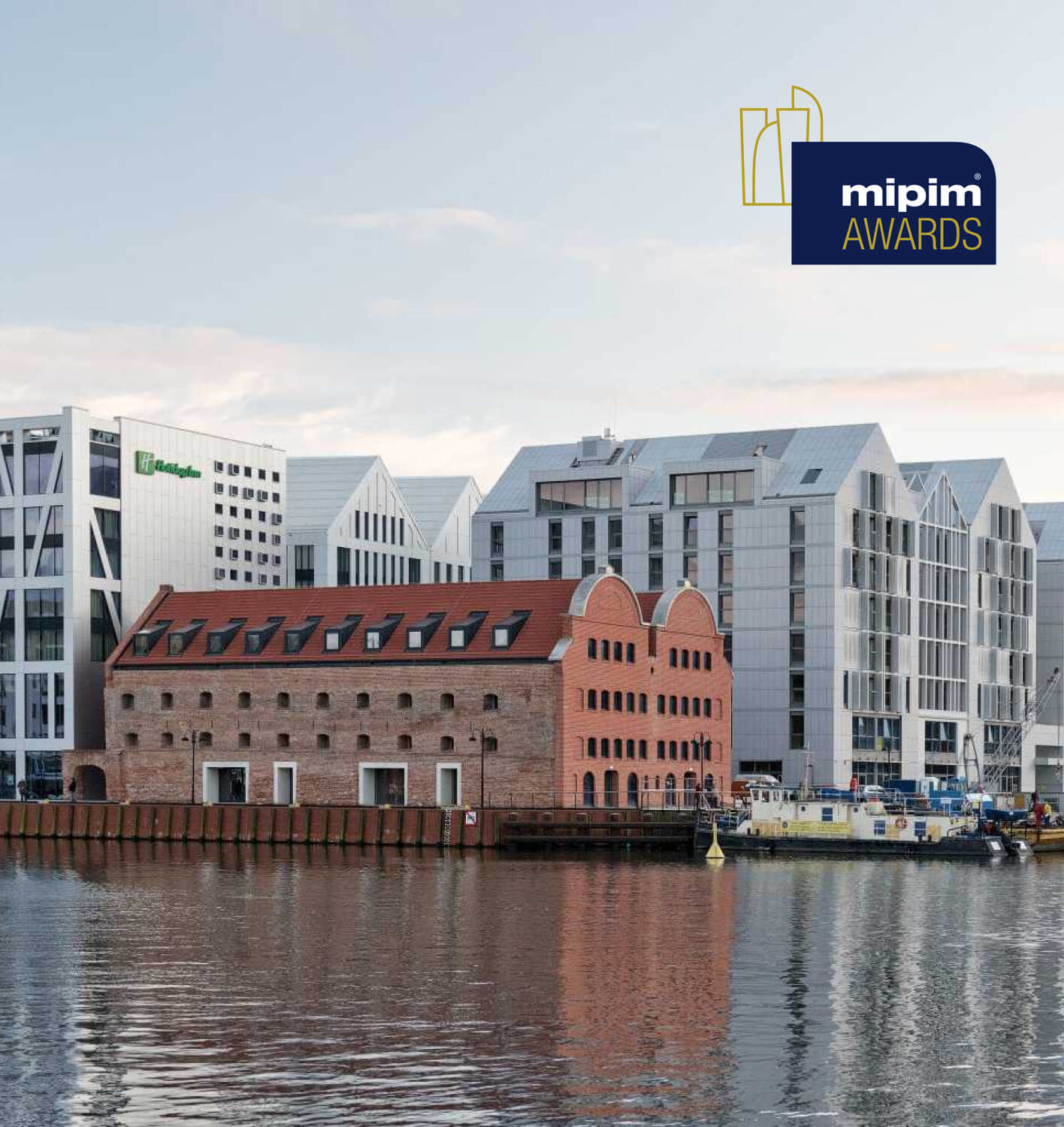A striking
2020
2020 was the year of COVID-19, a virus that firmly held the whole world in its grip and shook entire generations to their very core, causing substantial human and economic damage. The pandemic will go down in history as one of the most striking events of the past century, alongside the great wars, social and political upheavals and several financial crises.
Fortunately, crises also offer opportunities. The medical sector made incredible technological progress, spurred on by the urgency of the situation. Thanks to more intensive use of technology, society scaled up working from home, meeting and learning online in no time at all - a general trend that will continue this decade, and that will be accompanied by improvements in productivity and quality of life.

Financial results
COVID-19 had an impact on our company’s financial results, at a time when we are also dealing with a challenging regulatory environment. Revenues ended up at EUR 375.4 million, EBITDA at EUR 52.8 million and net group profit share at EUR 33.3 million or EUR 3.58 per share. We are however continuing our dividend policy consistently, committing to a dividend of EUR 2.77 per share for 2020.
Launch of the Investment Management activity
We took positive steps in terms of crisis resilience and extension of our financial support base. In recent years, Immobel has made significant efforts to increase awareness among a wider institutional investment public, with a view to developing our investment management activity.
This new activity was launched in 2020, with the establishment of the Immobel BeLux Office Development Fund. Together with institutional and qualified investors, we want to invest in real estate development projects in major European cities. This offers added value for the various parties, as well as for the cities that benefit from this combination of financial strength and real estate expertise. Real estate continues to be an established value, which offers many possibilities for Immobel and for participating partners.
Despite the economically unstable situation, our company succeeded in raising capital in excess of EUR 58 million through the sale of 900,000 private shares. The proceeds have been used to finance projects in Belgium, France and Luxembourg. This and the stable evolution of our share price in 2020 are indicators of confidence from private and institutional investors.
The evolution of the real estate sector revealed a diverse picture in 2020. Retail properties were already under pressure due to the surge in online purchases over the past few years, and this trend has been exacerbated by the pandemic. Leisure real estate is experiencing temporary difficulties but will undoubtedly pick up once the health crisis is under control. Logistics, residential property, data centres and medical-related real estate are on the rise. The office market is undergoing a transformation. Because people have started working more at home and are unlikely to return fully to the old model, this requires a new approach where the workplace is tailored to the wishes of employees who can work healthily and efficiently at home and in the office, with the necessary technological support.
Finger-on-the-pulse management
For our company, it was a year of stress tests and finger-on-the-pulse management, with the market and our cost items under particular scrutiny, even more than usual. Business as usual took on a new meaning: due to the temporary sclerosis of the economy and society, our sales slowed down and permit procedures were delayed.
This was noticeable everywhere, and all the more so in France: municipal elections brought procedures to a standstill, and they were subsequently postponed again as a result of the impact of the health crisis. At the end of 2020, we have pending permit procedures for 4,500 apartments and houses for the Group as a whole, the development of a large share of which will start in 2021. This substantial pipeline will serve as an important catalyst for growth in the coming years.
However, we did obtain permits for, among other things, the office project Commerce 46 in the European district in Brussels, for which we also signed a strategic lease agreement with ING, and for Montrouge, an important office project in Paris along the Périphérique ring road.
We were able to make future-oriented acquisitions in several countries. In Brussels, together with our partners we won the NMBS/SNCB South Station project, and bought 50% of the shares of the Multi office tower block. We ended the year by purchasing Total’s head office in Brussels, which is proposed as a seed asset for the Immobel BeLux Office Development Fund. In Germany, we obtained a privileged position for purchasing a second project, this time in Berlin. In Luxembourg, we opted for the purchase of a large-scale cradle to cradle project.

We are proud of the prestigious MIPIM award for Granary Island in Gdansk, an acknowledgement of our expertise in the regeneration of large-scale urban complexes.
Specific objectives for responsible urban design
In 2020, ESG was also afforded a much more prominent place on the agenda.
Well-being and sustainability already served as a benchmark for the quality of projects, and this was reinforced by the 2020 health crisis. Citizens, governments, investors and other stakeholders are calling for the responsible design of cities: more green space, “soft” mobility, renewable energy, renovation and the reuse of materials where possible.
We also want to adopt a pertinent position in this regard. It is the only way to remain relevant, and to play our role in society. To contribute to sustainable cities and communities with a better quality of life, where natural resources are used wisely, we prepared a plan with four specific objectives that are linked to the United Nations Sustainable Development Goals. You can read more on this subject in this annual report.
Future-oriented analysis and positioning
This year’s extraordinary circumstances also gave us a good opportunity to reflect for a moment on the way in which we have evolved as a company. After all, the Immobel in 2020 looks very different from the Immobel at the time of the merger with Allfin, 4 years before.
We held discussions on how we want to continue to grow and position ourselves in the near future. We also used this opportunity to ask a number of external stakeholders (customers, journalists, shareholders, institutional investors and local authorities) for their opinions about our company, and conducted interviews and workshops (most via video calls) in the various layers of the company and countries in which we operate. This journey led to a modernisation of our positioning and visual identity.

2020 was a year we will never forget. Taking into account the unusual circumstances, we really cannot be dissatisfied; together with our management and thanks to the flexibility and unbridled commitment of the 200 plus people who work for Immobel, we have weathered the crisis well, and have prepared for the future. We are extremely grateful for the trust placed in us by all our stakeholders, which we strive to earn over and over again every day to make a significant contribution to more sustainable cities and communities.